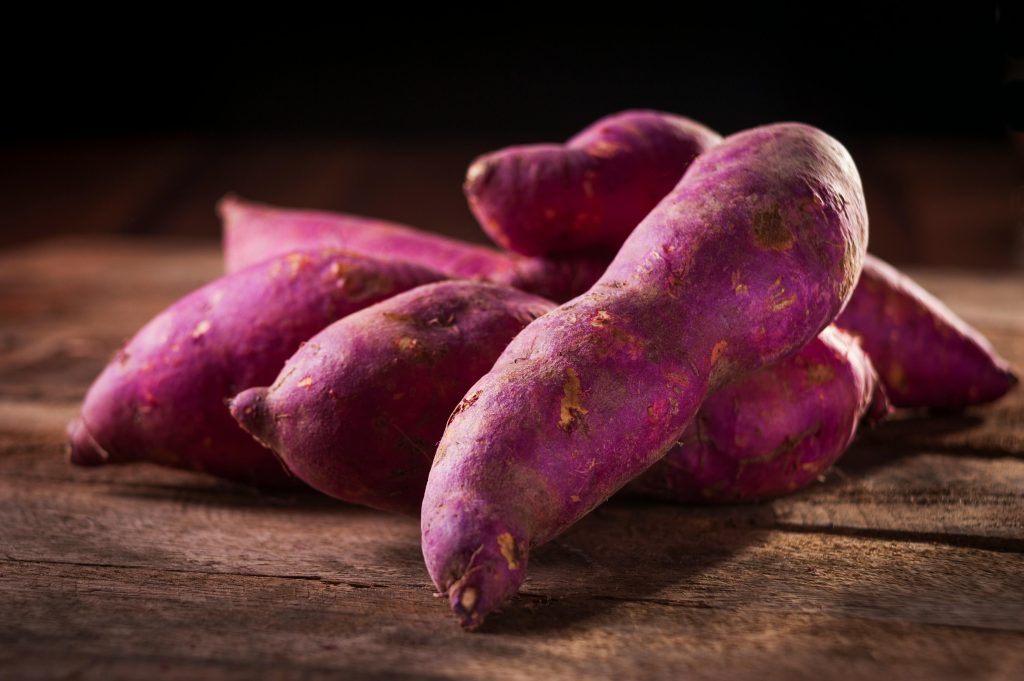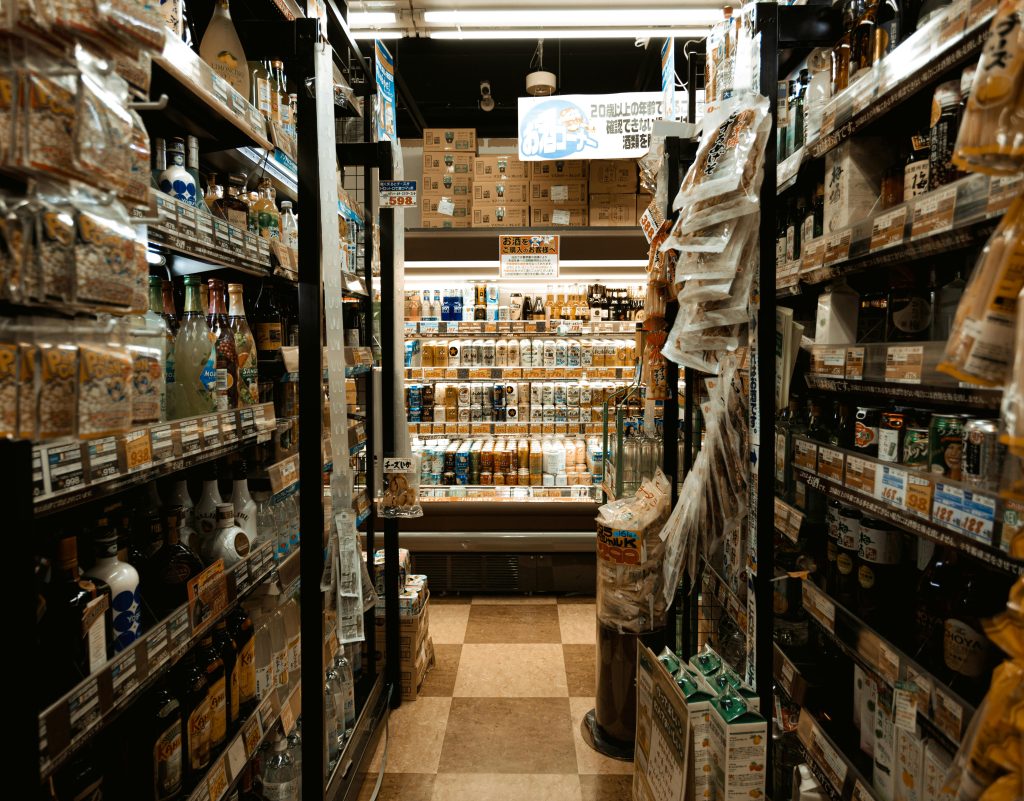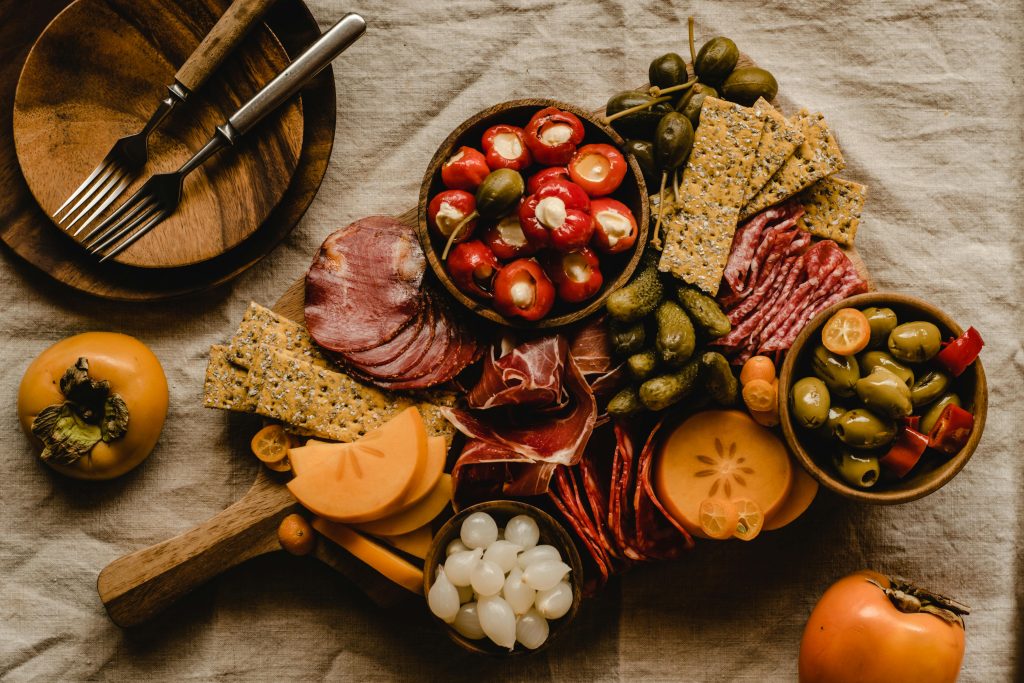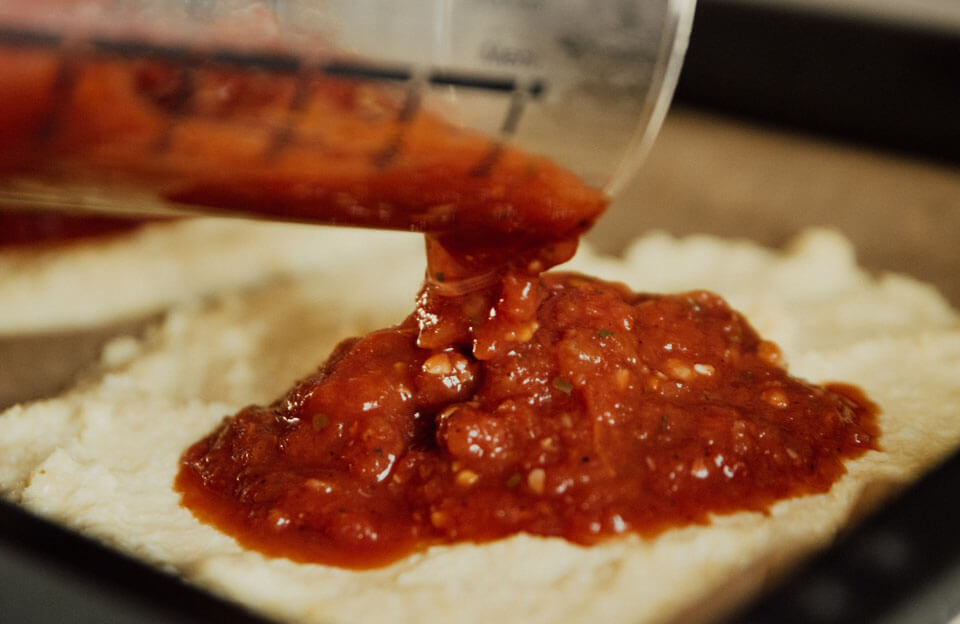Living with diabetes requires careful attention to diet and lifestyle choices to maintain optimal health. For individuals with diabetes, managing blood sugar levels is crucial to prevent complications and maintain overall well-being. While it’s essential to focus on a balanced diet, certain foods can significantly impact blood sugar levels and should be limited or avoided altogether. In this article, we’ll explore five common foods that diabetics should eat less to effectively manage their condition.
Root Vegetables

We advocate for diabetics to consume as many vegetables as possible. However, root vegetables themselves are not low in calories. These foods contain a large amount of starch, which, if consumed in large quantities, is not beneficial for blood sugar control in diabetic patients. Therefore, diabetic patients should not consume a lot of root vegetables.
Common root vegetables include water chestnuts, lotus roots, potatoes, pumpkins, and taro. It is suggested that individuals can substitute some of their staple foods with root vegetables. This can help to some extent in reducing the glycemic index of staple foods and also promote better nutritional balance.
Alcoholic Beverages

Alcohol consumption can interfere with blood sugar regulation, especially for individuals with diabetes. Moreover, Alcohol is metabolized by the liver, and prolonged heavy drinking or consumption of alcoholic beverages can exacerbate the liver’s metabolic burden and may even trigger alcoholic hepatitis.
For those using insulin or insulin secretagogues, drinking alcohol on an empty stomach may induce hypoglycemia, which can be life-threatening in severe cases.
Therefore, individuals with diabetes should try to consume alcohol sparingly. If they have a habit of drinking, they should gradually reduce alcohol intake and avoid drinking on an empty stomach.
High-Calorie Foods

Many foods are healthy in small amounts, but if consumed in excess, they can have the opposite effect. While individuals with diabetes can consume nuts, many find that nuts can significantly affect blood sugar levels if not consumed in moderation. The recommended amount is around 15-20g per day, yet it’s common for people to consume much more than that, especially when eating snacks like sunflower seeds absentmindedly.
Regardless of the type of nut, such as walnuts, pine nuts, sunflower seeds, peanuts, etc., they should not be used as a replacement for a meal.
Highly Processed Packaged Foods

Processed foods often contain added sugars, unhealthy fats, and high levels of sodium, all of which can negatively impact blood sugar control and overall health. Items like juice, ice cream, cupcakes, white bread, candies, and chocolates should be avoided or consumed sparingly. Instead, choose whole, minimally processed foods to support stable blood sugar levels and promote better health.
High-Salt and High-Fat Foods

For individuals with diabetes, it’s not only important to pay attention to high-sugar foods but also to be mindful of consuming foods high in salt and fat. This is because indicators such as blood pressure and lipid levels also affect blood sugar fluctuations. Pickles, cured meats, cream, and fatty meat are common sources of excessive salt and unhealthy fats, which should be consumed in moderation.
Final thoughts
In addition to consuming these foods in moderation, individuals with diabetes should focus on building a balanced diet that includes a variety of nutrient-rich foods. Incorporating plenty of fiber-rich foods, staying hydrated, and monitoring portion sizes are also essential strategies for managing blood sugar levels.

